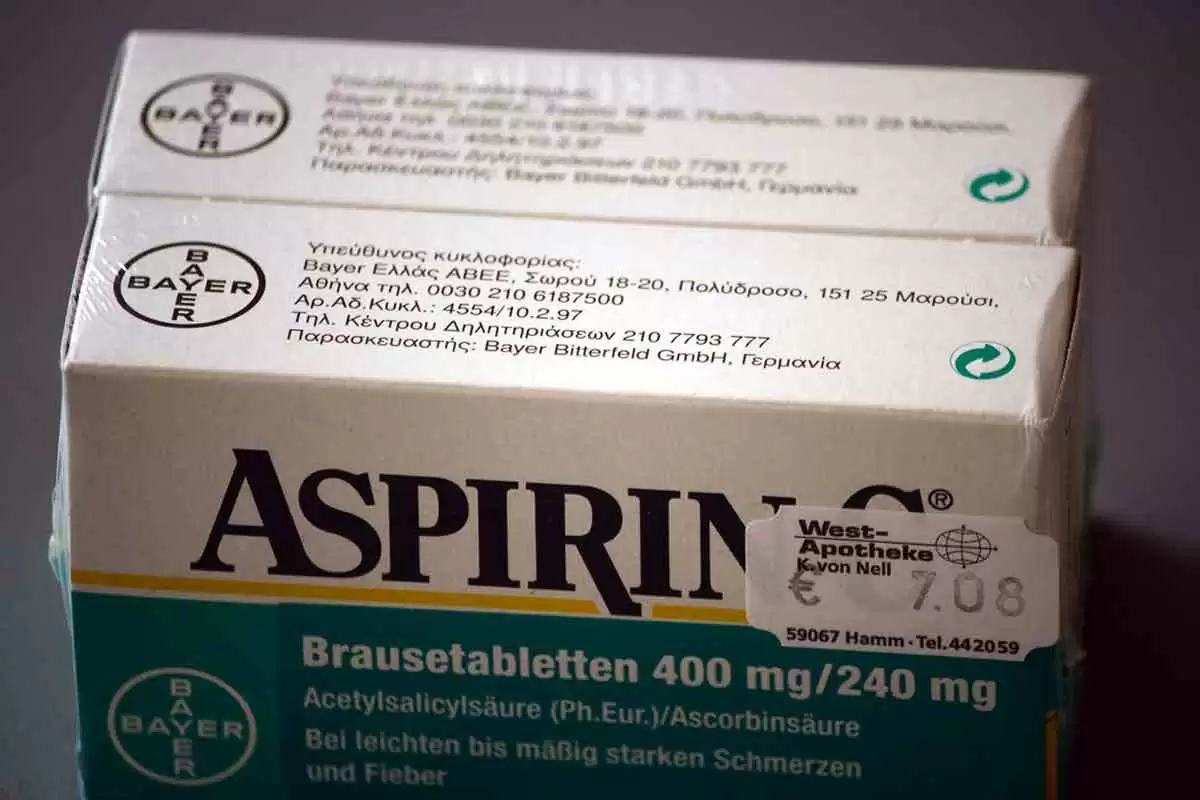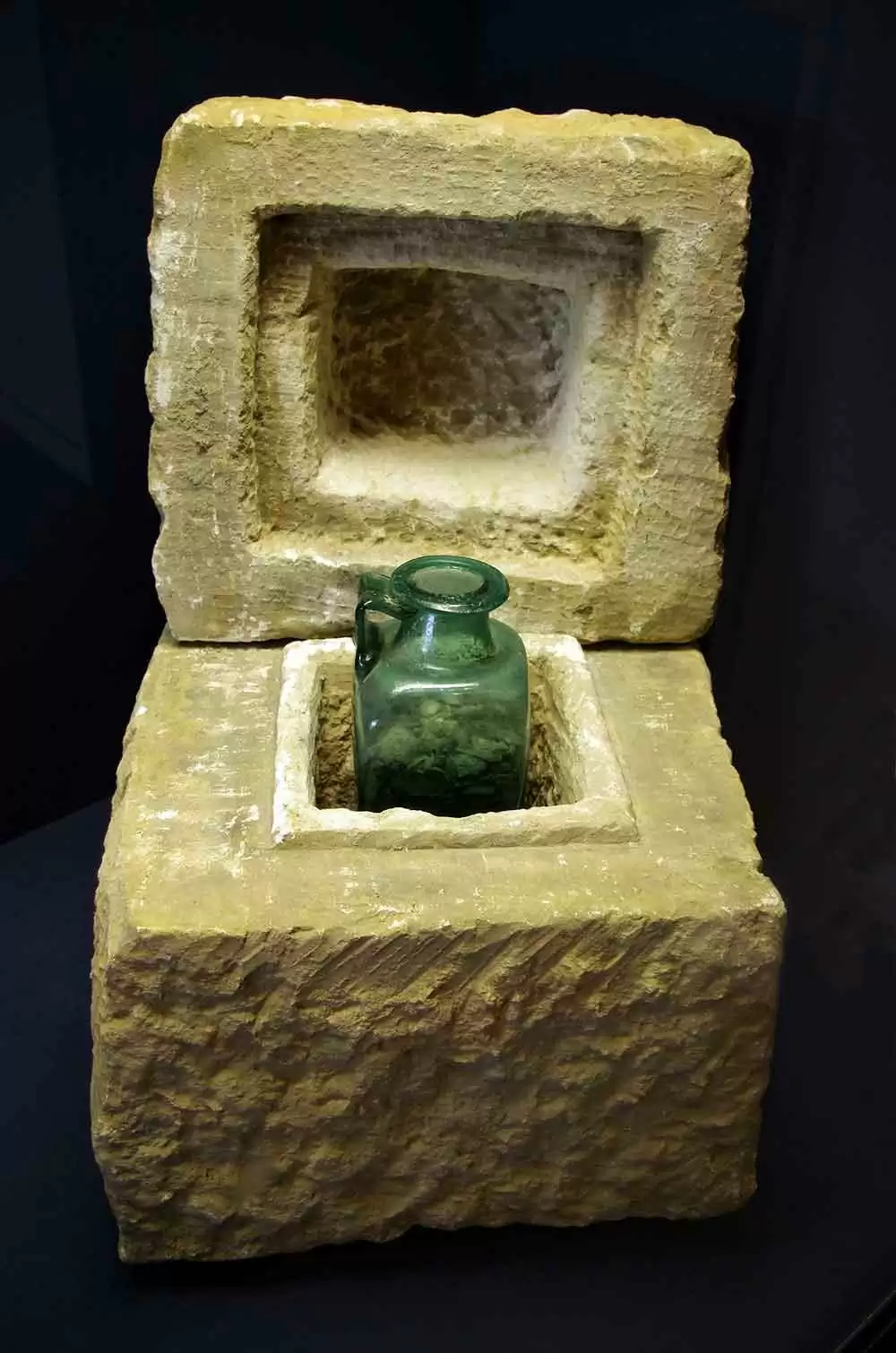
02/17/2021 - Celiac disease rates in the US have increased in past decades, along with the use of proton pump inhibitors (PPIs), histamine-2-receptor antagonists (H2RAs), aspirin (ASA) and nonsteroidal anti-inflammatory drugs (NSAIDs). Is there any important connection between celiac rates and the use of these drugs?
A team of researchers recently set out to measure the association between medication use and distribution of villous flattening among patients with newly diagnosed celiac disease.
Celiac.com Sponsor (A12):
The research team included Robyn Jordan, Sarah Shannahan, Suzanne K Lewis, Suneeta Krishnareddy, Daniel A Leffler, Peter H R Green, and Benjamin Lebwohl.
They are variously affiliated with the Icahn School of Medicine at Mount Sinai, United States; the Celiac Center, Beth Israel Deaconess Medical Center, United States; the Celiac Disease Center, Department of Medicine, Columbia University Medical Center, United States; the Celiac Disease Center, Department of Medicine, Columbia University Medical Center, United States; and the Department of Epidemiology, Mailman School of Public Health, Columbia University Medical Center, United States.
The research team conducted a cross-sectional study of newly-diagnosed adult celiac patients at two institutions. They gathered data on regular use of these medications, clinical presentation, celiac disease serologic status, and distribution of villous flattening.
They then compared current ASA/NSAID users against non-users, and current PPI/H2RA users to non-users, with regard to these clinical characteristics.
Of 148 patients with newly-diagnosed celiac disease, current users of ASA/NSAIDs and PPI/H2RAs were about 8 or 9 years older than non-users. Just 12% of seropositive patients used PPI/H2RAs, compared to 55% of seronegative patients.
Users of PPI/H2RA or ASA/NSAID showed no differences in villous flattening in the bulb and distal duodenum. However, the data show that PPI/H2RA use was associated with seronegative celiac disease.
The researches are calling for further assessment on the impact of these drugs on the development, presentation, and course of celiac disease.
Read more in Digestive Liver Disease. 2017 Aug;49(8):883-886.









Recommended Comments
Create an account or sign in to comment
You need to be a member in order to leave a comment
Create an account
Sign up for a new account in our community. It's easy!
Register a new accountSign in
Already have an account? Sign in here.
Sign In Now